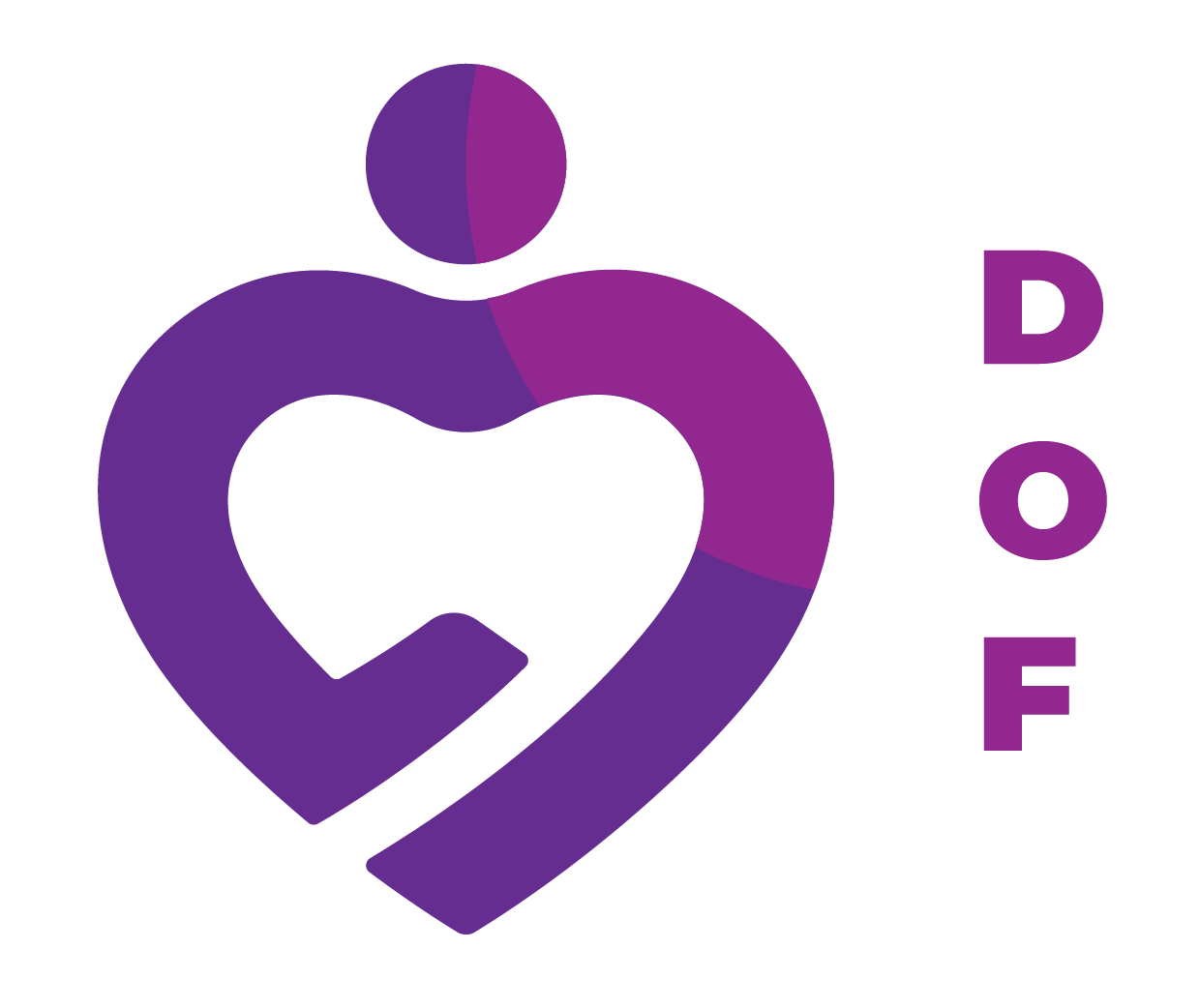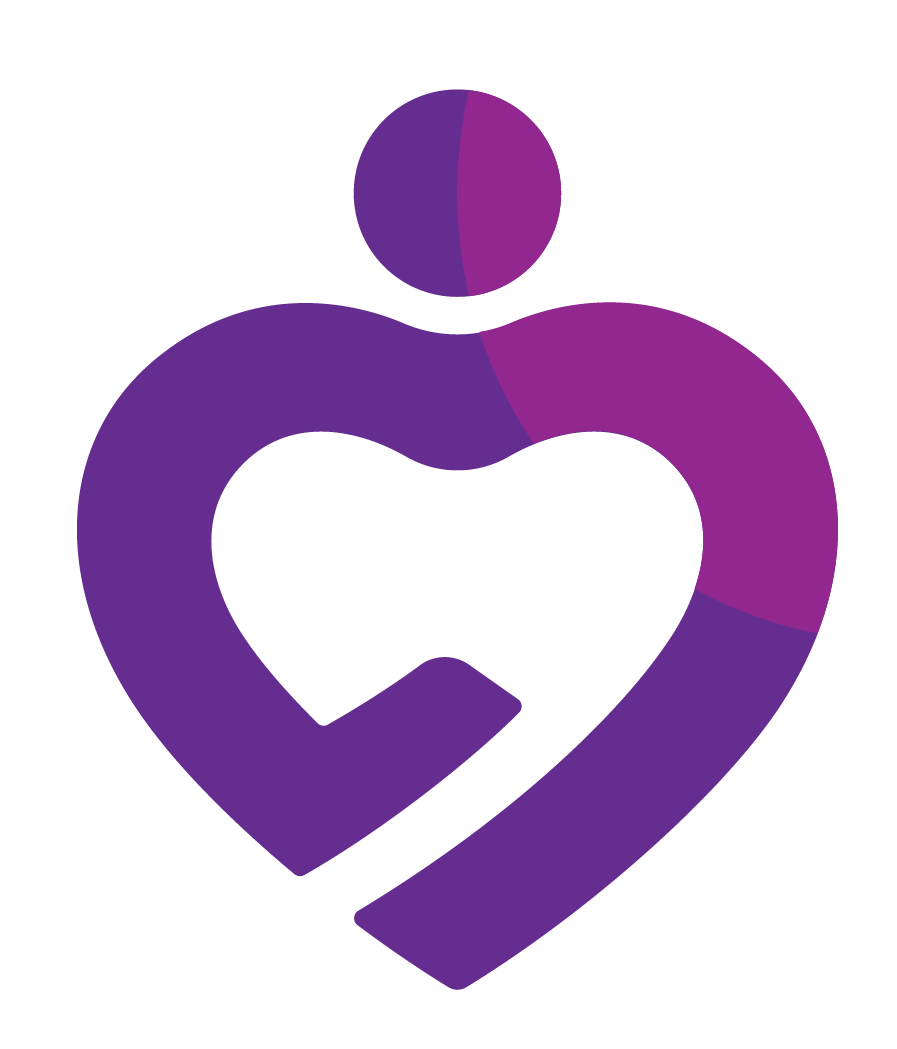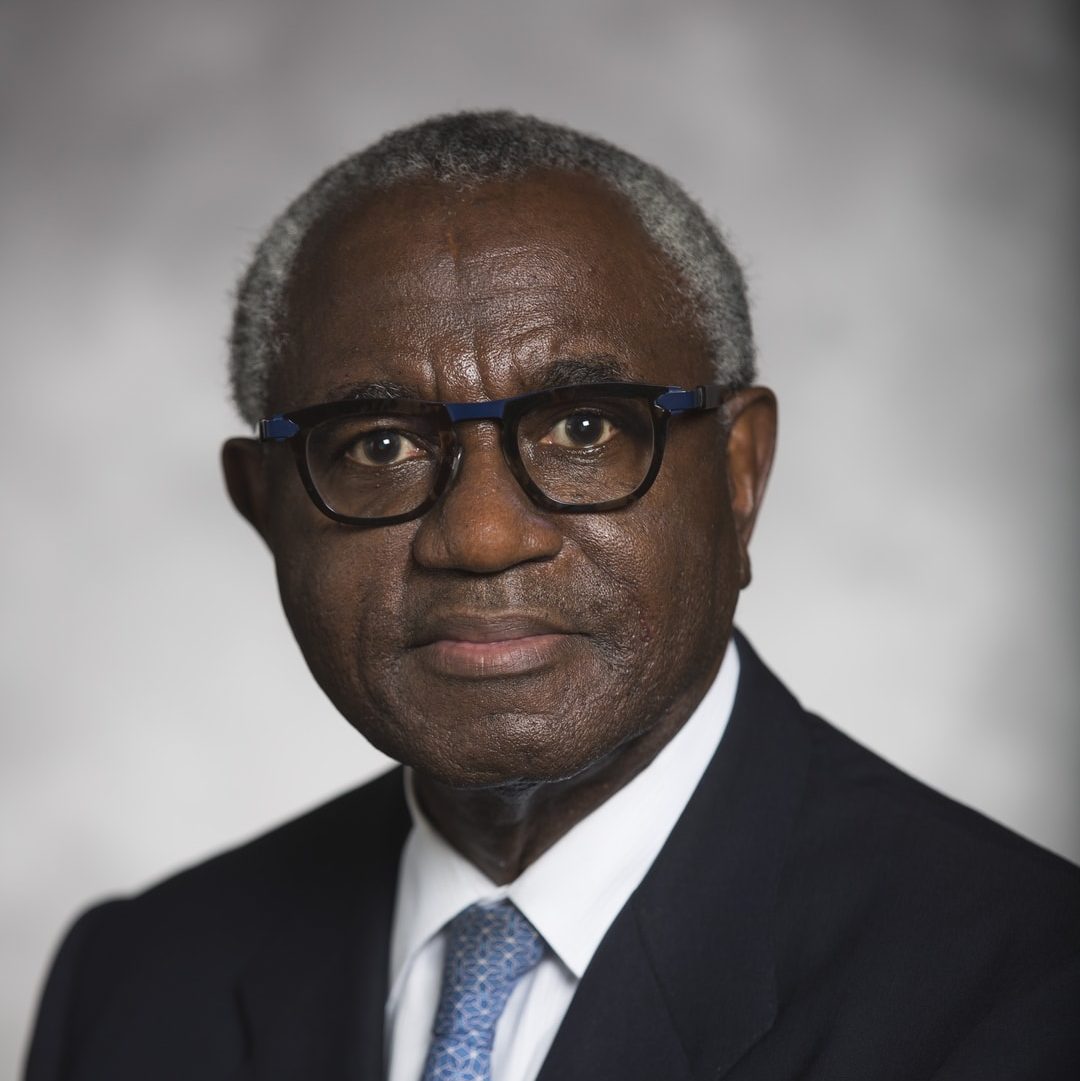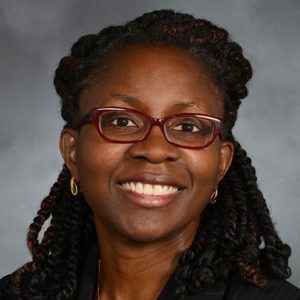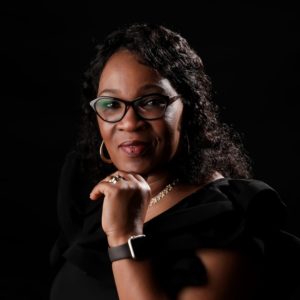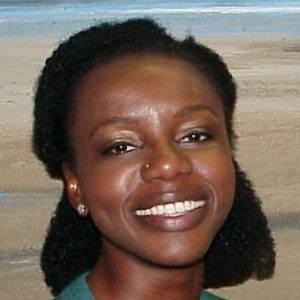What is your current title and role?
Dr. Oyesiku is Professor and Chair, Department of Neurological Surgery and Professor of Medicine (Endocrinology) at the University of North Carolina, Chapel Hill. He was previously Professor of Neurological Surgery and Medicine (Endocrinology) at Emory University, Atlanta, GA and the Inaugural Daniel Louis Barrow Chair in Neurosurgery, Vice-Chairman, Dept of Neurological Surgery and Director of the Neurosurgical Residency Program. He is also the Editor-in-Chief, NEUROSURGERY®, OPERATIVE NEUROSURGERY®, NEUROSURGERY OPEN
He has served on the Board of Directors and as Chairman of the American Board of Neurological Surgery. He was on the ACGME-Residency Review Committee of Neurosurgery. He is a Fellow of the American College of Surgeons and has served on its Board of Governors. Dr. Oyesiku has been President of the Congress of Neurological Surgeons. He has served as Secretary/Treasurer and President of the Georgia Neurosurgical Society, President of the Society of University Neurosurgeons, and Vice-President of the American Academy of Neurological Surgeons. He is President of the International Society of Pituitary Surgeons. He is President-Elect of the World Federation of Neurological Surgeons.
Where did you grow up?
I grew up in Lagos, Nigeria.
Tell us about your professional (medical, nursing, allied health, etc.) school?
Dr. Oyesiku obtained his MD from the University of Ibadan, Nigeria. He obtained an MSc in Occupational Medicine from the University of London, UK and completed a PhD in Neuroscience at Emory University. He completed his Surgery Internship at the University of Connecticut-Hartford Hospital and obtained his neurosurgical training at Emory University, Atlanta. He is board-certified by the American Board of Neurological Surgery. He received an NIH K08 Award and Faculty Development Award from the Robert Wood Johnson Foundation. He was a recipient of an NIH R01 award and PI of the NIH/NINDS R25 Research Education Program for Residents and Fellows in Neurosurgery. Dr Oyesiku has served on several NIH Study Sections. Dr Oyesiku’s research is focused on the molecular pathogenesis of pituitary adenomas, and tumor receptor imaging and targeting for therapy. He is author of over 180 scientific articles and book chapters.
Tell us about struggles and challenges in achieving your goal and how you overcame?
I failed to match in Neurosurgery until my very third attempt.
Please share with us about your family and your support group?
My wife and three children. Family has always been my rock.
Please share a memorable experience from your training that has stayed with you till today.
Patients refusing to see me because I am black.
Please share a memorable teaching moment.
I enjoy teaching, talking, and guiding a resident step by step, on how to perform a neurosurgical case.
Please share a highlight from your practice/current role.
My highlights are “Saving lives and removing brain tumors”. My clinical expertise is pituitary medicine and surgery. I was co-director of the Emory Pituitary Center and developed one of the largest practices entirely devoted to the care of patients with pituitary tumors in the country and has performed over 3,000 pituitary tumor operations.
What do you like and dislike the most about working in healthcare?
I like taking care of patients but dislike the paperwork.
What are three things that you are grateful for?
I am grateful for Life; health and family.
What excites you outside medicine?
I love to travel.
What advice do you have for students interested in healthcare?
Students need to work hard and stay focused.
What do you think the student of today needs to be successful in matriculating and graduating from professional school (medicine, nursing, allied health, pharmacy)?
Students should Identify interests early.
How would you advise or guide students to develop leadership skills, community outreach experience, research opportunities and clinical shadowing?
I would advise to seek mentors, role models, shadowing experience and network.
How can we support and guide students to achieve good grades and be successful in standardized exams?
Students need to prepare strategically and practice.
